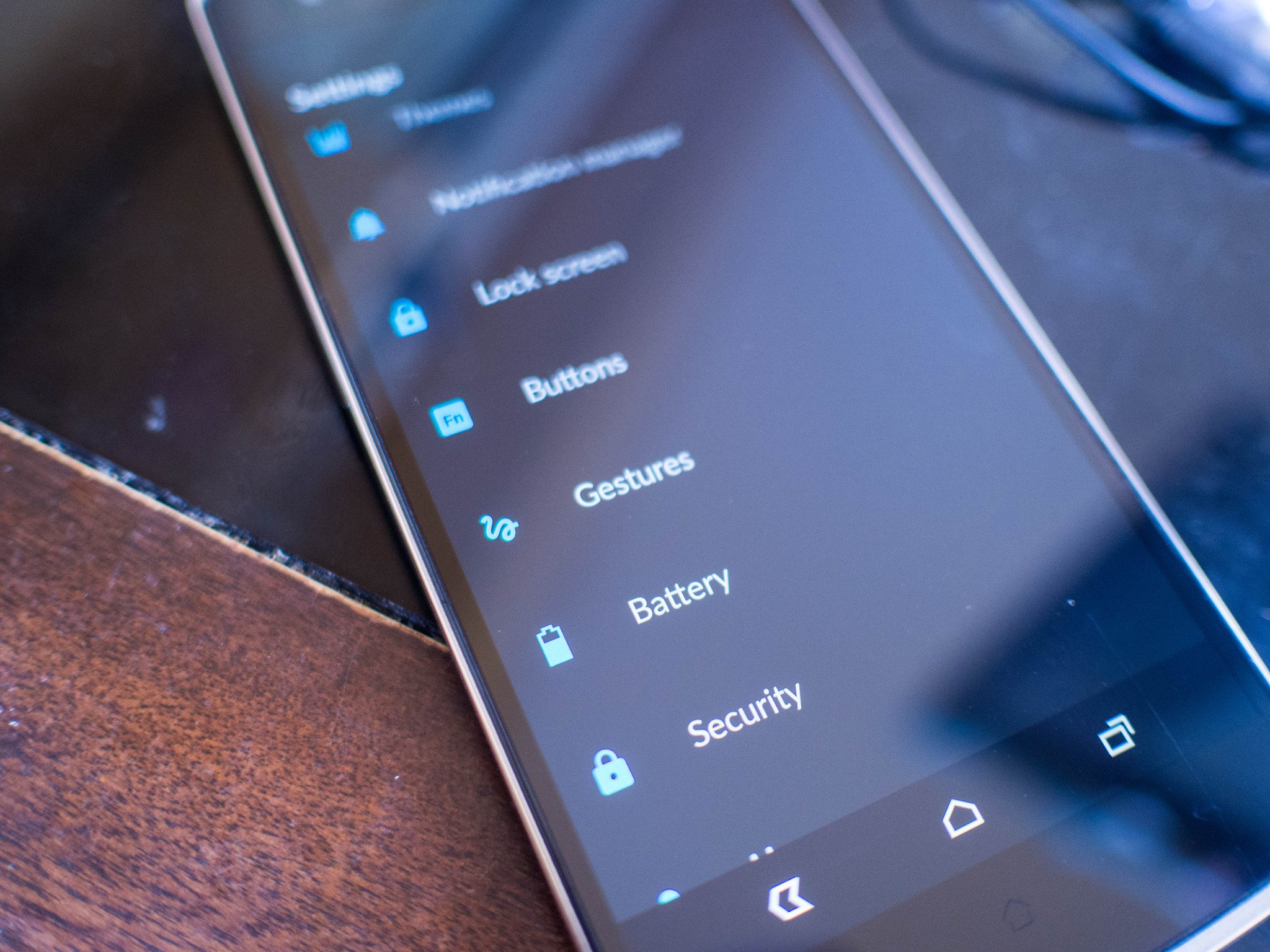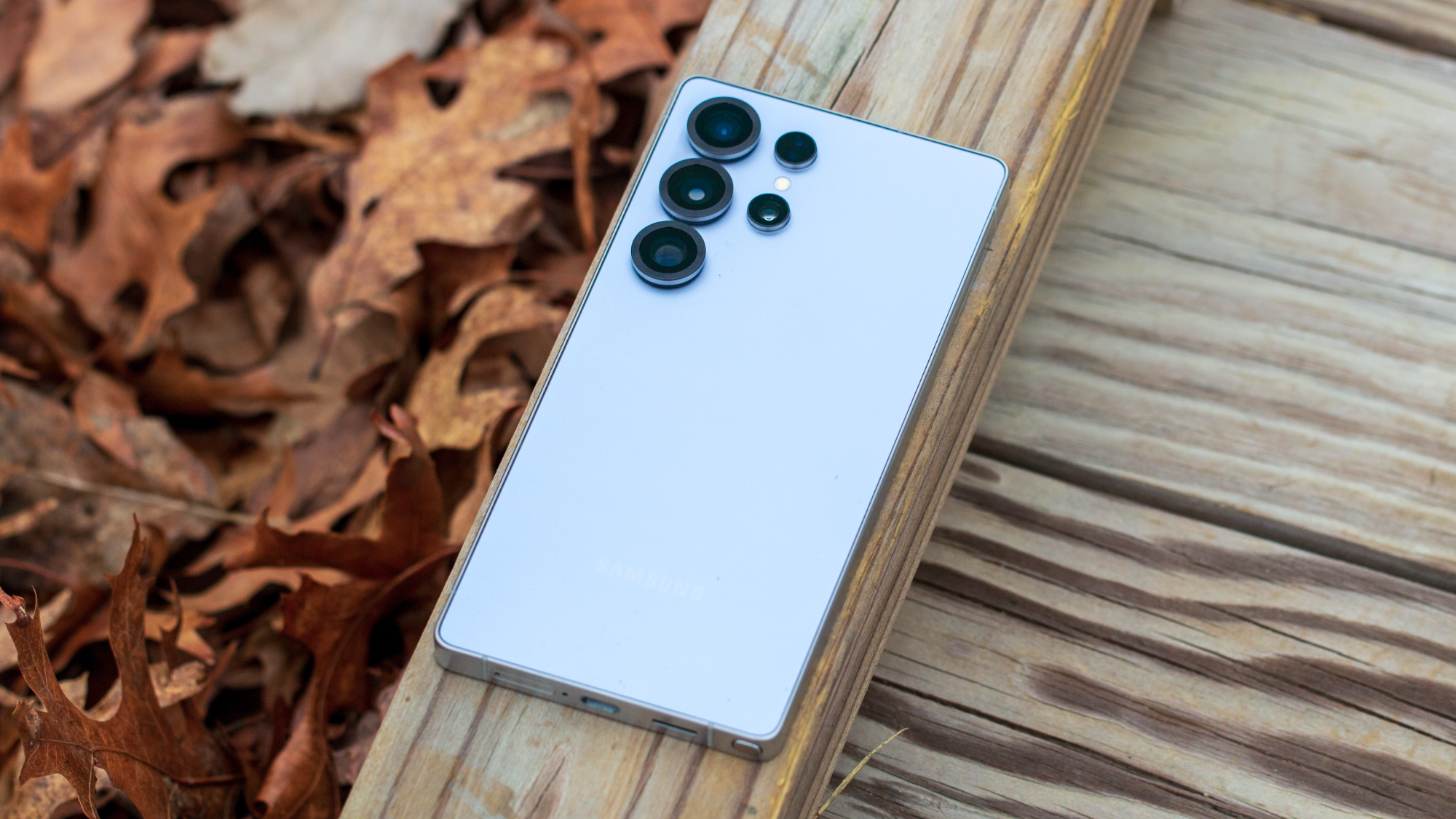Cyanogen Inc. switching up software strategy, shuffling executive ranks

In a long and winding blog post, we got a pretty comprehensive update pointing to big changes to Cyanogen Inc. in terms of its new business strategy but also executive leadership team. The post is written by Lior Tal, the former COO who is now assuming the role of CEO. His predecessor Kirt McMaster is moving to take on the role of Executive Chairman of the Board. Steve Kondik, the long-time face of Cyanogen, is now the Chief Science Officer at the company.
More important in the near term is a large shift in strategy for Cyanogen Inc. After partnering with several smartphone makers to launch well over a dozen phones running a complete build of Cyanogen OS, selling millions of phones running the software, Cyanogen Inc. is moving to what it calls the "Cyanogen Modular OS program."
This new program will let smartphone manufacturers pick and choose individual portions of Cyanogen OS, and integrate them into its own current software stack. From today's news it's unclear if the complete Cyanogen OS is still available to partners, or if the new Modular OS program is the only way to go. This seems to backtrack a bit from the vehement assertion back in July that Cyanogen Inc. would remain an OS company.
It's a big switch, but moves Cyanogen Inc. into a broader market.
With the new setup, potential manufacturer partners will have the flexibility to integrate specific features or technologies from Cyanogen OS without giving up any previous work or control they have with their own in-house software. Think about it in the same way Samsung or HTC will license keyboard prediction technology, or security software, from a third party and integrate it into their own software rather than build it from scratch themselves.
This will presumably give Cyanogen Inc. a broader base of companies to work with going forward. Rather than simply focusing on small upstart companies that really had no other option but to go with Cyanogen OS, it can now go after more established companies that simply want to license one or two main modules. It also frees up Cyanogen Inc. from continued software support for individual phones — it can instead focus on supporting the particular modules that the companies request.
How this strategy will play out in reality will take some time to see, and depending on how the licensing deals work out we may never even know which manufacturers have integrated some of the technology from Cyanogen OS. It's all a tad bit opaque at this point, and one question left unanswered is how this will affect current Cyanogen OS devices out in the wild today. That will likely come with time, as will a better understanding of how Cyanogen Inc. will execute on this new direction.
Get the latest news from Android Central, your trusted companion in the world of Android

Andrew was an Executive Editor, U.S. at Android Central between 2012 and 2020.
